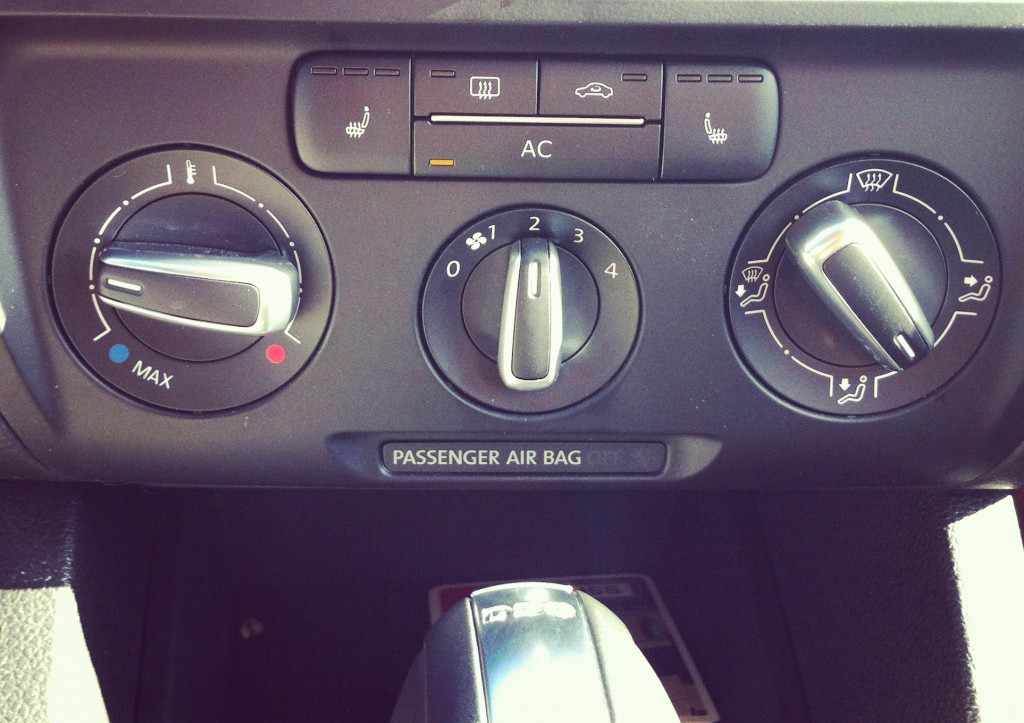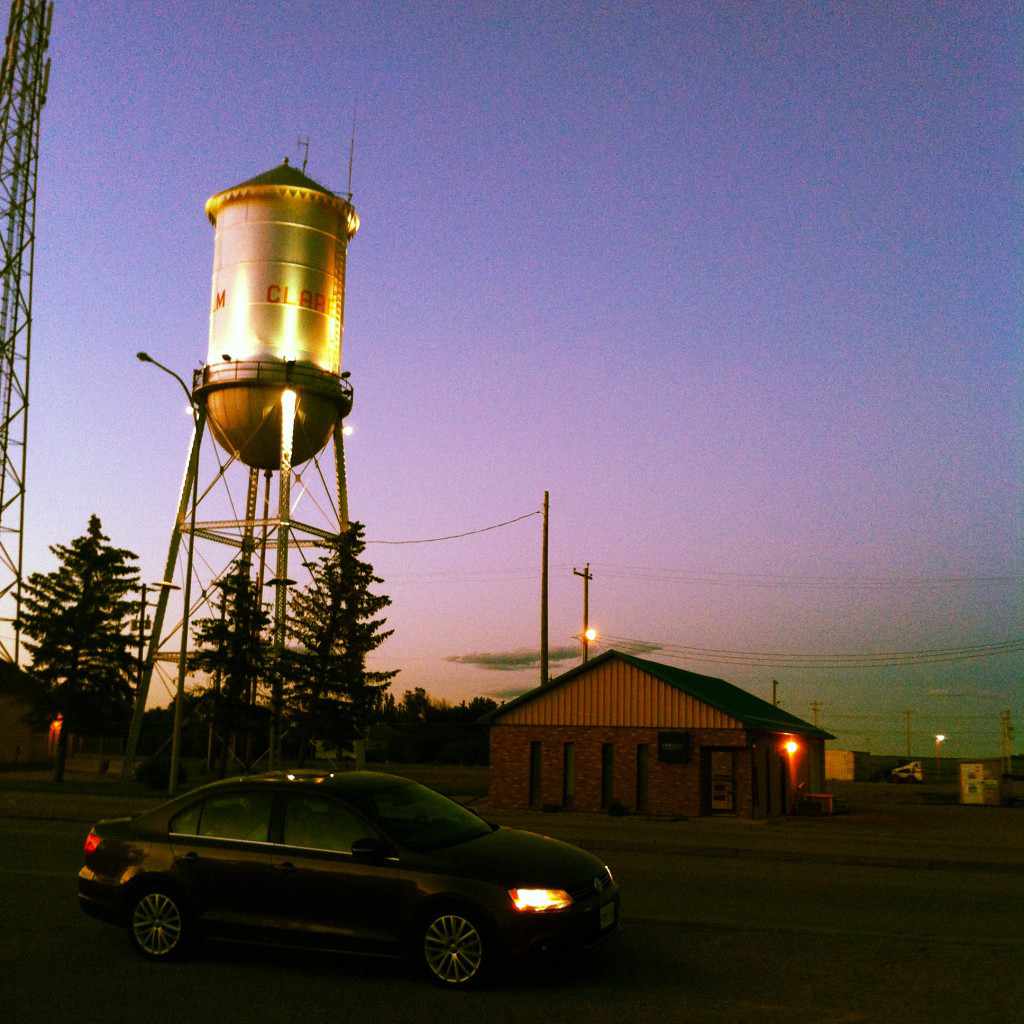by CarEnvy.ca @autobusiness
The Devil is Christianity’s disincentive manifest.
For followers of the infinitely compassionate Jesus, lusting after your neighbour’s new Cayman S is punished with an eternity of soot and sweat in your eyes. It’s that severe. For followers of Gautama Buddha, the shadowy tempter Mara provides a similar embodiment of evil action. He’s also not very nice. Judaism and Hinduism lack such a manifestation of poor behaviour, perhaps because they both prefer to trade in intangibles, but the notion of the Devil has now permeated global culture. Transcending boundaries, Satan, Lucifer, and The Prince of Darkness are synonyms for the absolute pinnacle of perversion.
If you’ve ever watched Top Gear, you were probably appalled when Jeremy, James, and Richard referred to diesel as the “Devil’s Fuel”. Could they have been talking about the same torquey elixir that motivates our trailer-pulling trucks up the steepest of slopes? Wasn’t diesel a fun way of being efficient? Not for European folk, it seems. For them, regardless of religious background, diesel is the devil.
Ironically, we Canadians hold it in the highest of regards. Our finest and most capable trucks, plastered with iconic nameplates like “Cummins”, “PowerStroke”, and “Duramax”, all swill the stuff. And that’s just the domestics, the German companies that sell diesels here can’t import them fast enough. Mercedes Canada could stop selling their gas-powered SUVs tomorrow and their salesmen wouldn’t even notice. And we all have a friend with a diesel-powered Golf or Jetta who drove cross-country on 3 tanks, making the kind of history he won’t shut up about.
Jean jacket-wearing Canucks look at the efficiency figures, feel the rich kick of torque, and book summer flights to Europe just for the chance to see the bloody things. Compared to granola-pounding Prii, diesel cars offer an unmatched sense of Eurochicness and pump-hopping pride. Surprise, surprise, we can’t get enough!
And yet, for what seems like an eternity, Volkswagen has been the only manufacturer to offer a four-cylinder diesel engine in North America. As it stands today, lovers of small diesels are given the choice of the Golf, Jetta, platform relative Audi A3, or the larger Passat. That, amazingly, is it. So if that’s what there is to choose from, and all four of the aforementioned share the same engine, does it live up to the hype?
Having a pair of matching silver MkIV diesel Golfs in the family for the past few years, your author is well acquainted with the old 1.9TDI. The newest generation, the 2.0TDI, is healthier by 40 hp and 60 lb-ft compared to the old one, all while being more emissions-friendly. After 1,300km and seven days with a very brown Jetta TDI, it’s harder than ever to see what on Earth is the matter with those Europeans.
It’s a car of unimpeachable balance. The ride comfort in town is as commendable as the highway fuel efficiency. Like the VW Beetle we tested this winter, the suspension tuning is peerless, but this is a much better car than the Beetle. Roomier, more handsome, and less obvious, the MkVI Jetta is more practical and thousands cheaper than even the Golf, making the sedan the de facto choice in the line-up, even with the Beetle TDI still coming down the pipeline for 2013.
The engine itself is equal parts creamy and crude. The turbo isn’t fast enough to spool, leaving an annoying stillness below 1,500 rpm until BAM! and you’re off. Once in its stride, of course, the 2.0TDI offers a bevy of power unknowable to hybrid owners, or MkIV Golf owners for that matter. The DSG transmission, a $1,400 option and money well wasted, doesn’t soften the stillness-BAM! phenomenon – impotent as it is in its efforts to provide a smooth and consistent drive. The 6-speed manual is your best bet here.
The interior ergonomics are best-in-class. The usefulness and intuitiveness of the three air handling dials makes every other button-jabbing set-up seem criminal. The optional navigation system, available exclusively on the top-shelf Highline and paired with the 400W Fender speakers for $1,290, is equally adept at making other layouts look worthy of time behind bars.
At $31,231 as tested, the Jetta TDI is far from plebian transport. Viewed instead as entry-level German engineering with a diesel punch, it looks more far more reasonable, especially since stepping up to six-cylinder Teutonic oil-burners will set you back at least $57,400 (Mercedes ML350 BlueTec). But if you still want the best VW Jetta value, and therefore the best diesel value available in Canada, pass on the sunroof, leather seats, and commotional DSG to save an additional $4,700.
Easily and flatteringly confused for a Passat, its few quirks, like the start button placed in front of the gear lever and the curiously noisy door locks, are overshadowed by user- and pump-friendliness. It’s the best vehicle that VW makes sans red trim on the grille. Previously chosen for nothing more than its Eurotastic engine, the Jetta TDI is finally a proposition that feels as justifiably premium as the sticker.
This diesel is no devil. It’s a gateway to Euro-heaven.
P.S. A 1,050km road trip with the Jetta TDI was chronicled by yours truly using the hashtag #dieseltrip on Twitter. The diesel was an absolute tour de force on the unbroken ribbons of asphalt that characterize southern Alberta. The easy torque and malleable seats made quick work of what could so easily have been a draining journey.
P.P.S. Happy Independence Day to all of our American friends!
This vehicle was generously provided by Volkswagen Canada for the purposes of this review.
[Photo credits: author]



